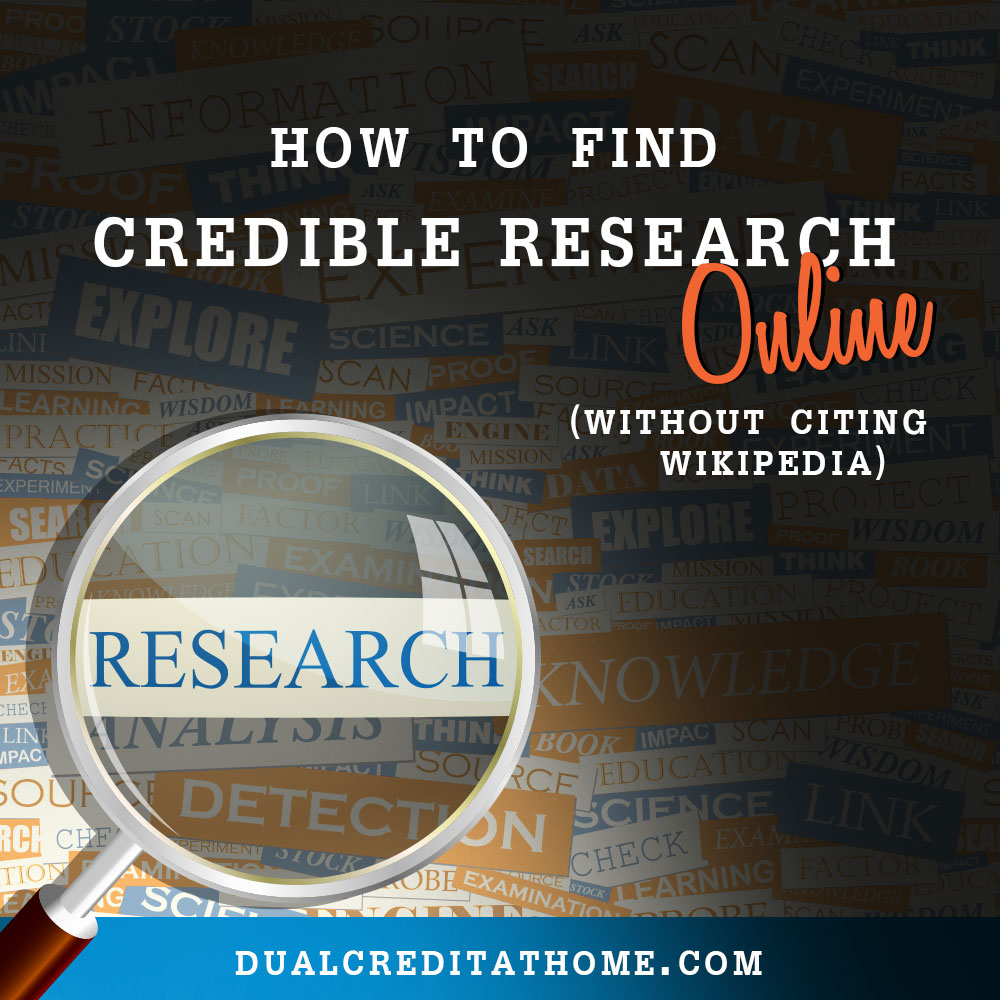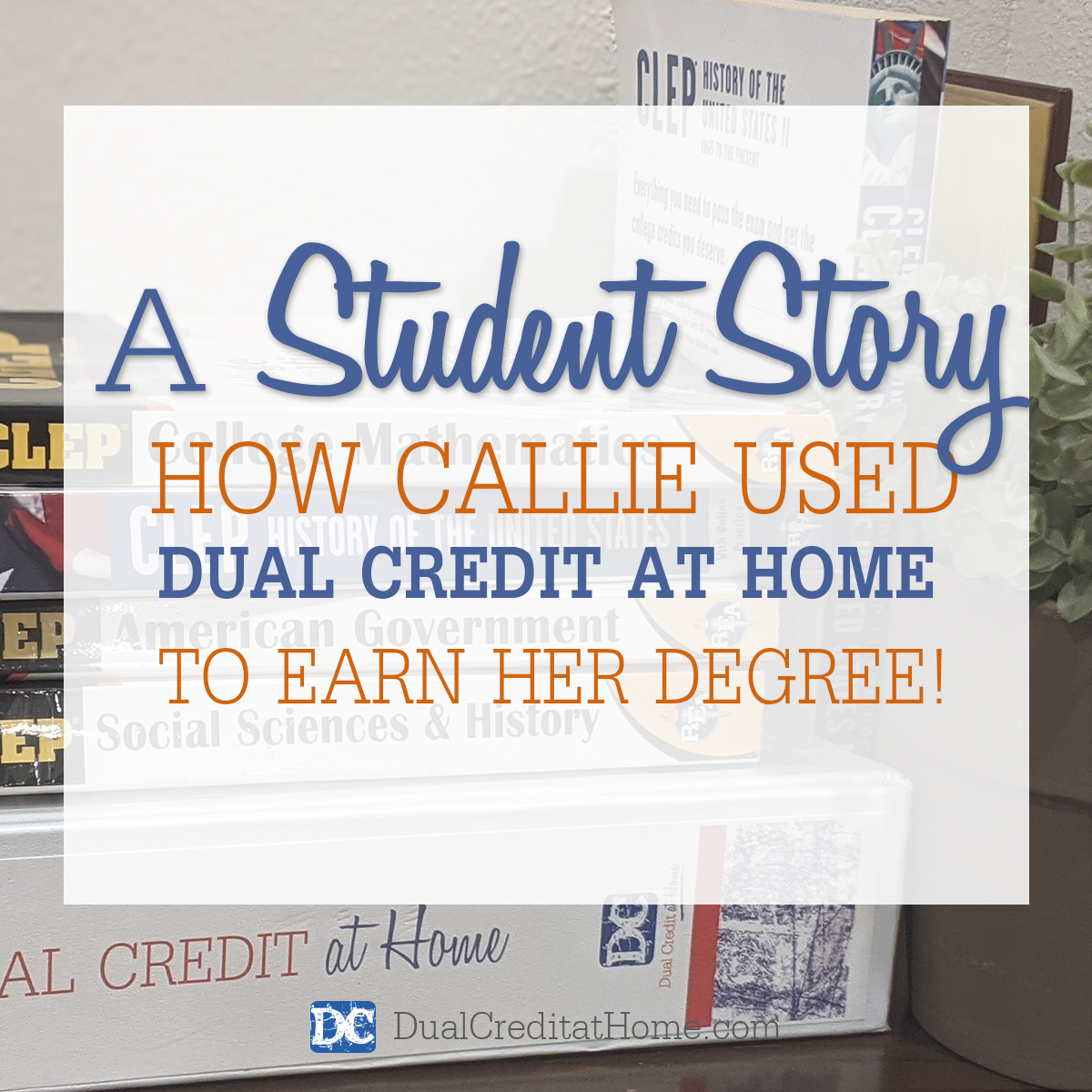Internet research is the norm today for everything from book reports to dual credit essays to doctoral thesis papers. All the information you could ever need is at your fingertips, but there is so much information that it’s hard to know where to begin your search for credible research. Many dual credit students turn to Wikipedia, a free encyclopedia, written and edited by a community of experts. In fact, anyone can edit Wikipedia pages, but measures have been put into place to keep the information accurate and up-to-date.
While Wikipedia is a fine place to start when researching a topic, it should not be your only source of information. In order to really get to know your topic, you’ll have to dig a little deeper. Here are 6 ways to find credible research online without citing Wikipedia.

1. Check out Wikipedia’s sources. If you are starting your search on Wikipedia, you’ll find a list of sources at the bottom of your topic’s entry. Often Wikipedia will cite books, journals, and articles that can be found online. Sometimes, they will reference print books that you can order from your local library. It’s a great place to start.
2. Visit the Library of Congress Online Catalog. This comprehensive online resource contains more than 18 million catalog records for books, maps, manuscripts, songs, images, and electronic resources. The catalog is divided into different search engines, depending on what you’re looking for.
3. Find old newspaper articles online. The Library of Congress has newspapers from 1880 to 1922 available as PDFs, but you can also find primary source articles and thousands of newspapers from around the globe at these news websites.
4. Use online journals and magazines. Many scientific and historical journals are available online. The Directory of Open Access Journals provides access to high-quality, peer-reviewed journals on a variety of topics.
5. Use Google Scholar for your academic internet searches. This filters out the fluff and shows you only scholarly articles on your topic.
6. Look for primary sources. Instead of reading articles about Columbus’s journey across the sea in 1492, you can read his first-hand account. The National Archives contains thousands of primary sources, including letters, historical documents, and photos.
These sources can also come in handy when you are writing essays in preparation for the College Composition CLEP exam. The internet is an endless pit of information, but with just a little targeted digging, you can delve deep into your topic and make your paper shine.



